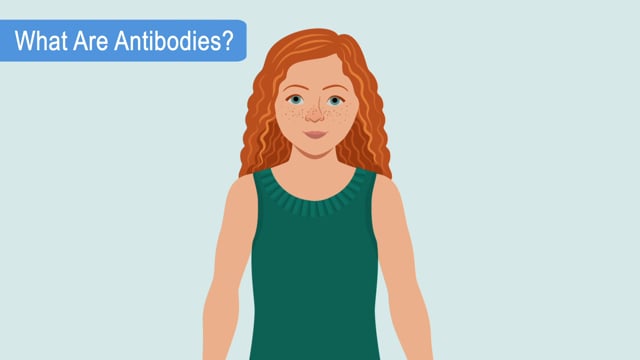Immune System
What Is the Immune System?
The immune system is the body's defense against infections. The immune (ih-MYOON) system attacks germs and helps keep us healthy.
What Are the Parts of the Immune System?
Many cells and organs work together to protect the body. White blood cells, also called leukocytes (LOO-kuh-sytes), play an important role in the immune system.
Some types of white blood cells, called phagocytes (FAH-guh-sytes), chew up invading organisms. Others, called lymphocytes (LIM-fuh-sytes), help the body remember the invaders and destroy them.
One type of phagocyte is the neutrophil (NOO-truh-fil), which fights bacteria. When someone might have bacterial infection, doctors can order a blood test to see if it caused the body to have lots of neutrophils. Other types of phagocytes do their own jobs to make sure that the body responds to invaders.
The two kinds of lymphocytes are B lymphocytes and T lymphocytes. Lymphocytes start out in the bone marrow and either stay there and mature into B cells, or go to the thymus gland to mature into T cells. B lymphocytes are like the body's military intelligence system — they find their targets and send defenses to lock onto them. T cells are like the soldiers — they destroy the invaders that the intelligence system finds.
How Does the Immune System Work?
When the body senses foreign substances (called antigens), the immune system works to recognize the antigens and get rid of them.
B lymphocytes are triggered to make antibodies (also called immunoglobulins). These proteins lock onto specific antigens. After they're made, antibodies usually stay in our bodies in case we have to fight the same germ again. That's why someone who gets sick with a disease, like chickenpox, usually won't get sick from it again.

What are Antibodies?
What's an antibody? What's an antigen? Find out here.
This is also how immunizations (vaccines) prevent some diseases. An immunization introduces the body to an antigen in a way that doesn't make someone sick. But it does let the body make antibodies that will protect the person from future attack by the germ.
Although antibodies can recognize an antigen and lock onto it, they can't destroy it without help. That's the job of the T cells. They destroy antigens tagged by antibodies or cells that are infected or somehow changed. (Some T cells are actually called "killer cells.") T cells also help signal other cells (like phagocytes) to do their jobs.
Antibodies also can:
- neutralize toxins (poisonous or damaging substances) produced by different organisms
- activate a group of proteins called complement that are part of the immune system. Complement helps kill bacteria, viruses, or infected cells.
These specialized cells and parts of the immune system offer the body protection against disease. This protection is called immunity.
Humans have three types of immunity — innate, adaptive, and passive:
- Innate immunity: Everyone is born with innate (or natural) immunity, a type of general protection. For example, the skin acts as a barrier to block germs from entering the body. And the immune system recognizes when certain invaders are foreign and could be dangerous.
- Adaptive immunity: Adaptive (or active) immunity develops throughout our lives. We develop adaptive immunity when we're exposed to diseases or when we're immunized against them with vaccines.
- Passive immunity: Passive immunity is "borrowed" from another source and it lasts for a short time. For example, antibodies in a mother's breast milk give a baby temporary immunity to diseases the mother has been exposed to.
The immune system takes a while to develop and needs help from vaccines. By getting all your child's recommended vaccines on time, you can help keep your child as healthy as possible.
Reviewed by: Larissa Hirsch, MD
Date Reviewed: Oct 1, 2019
















